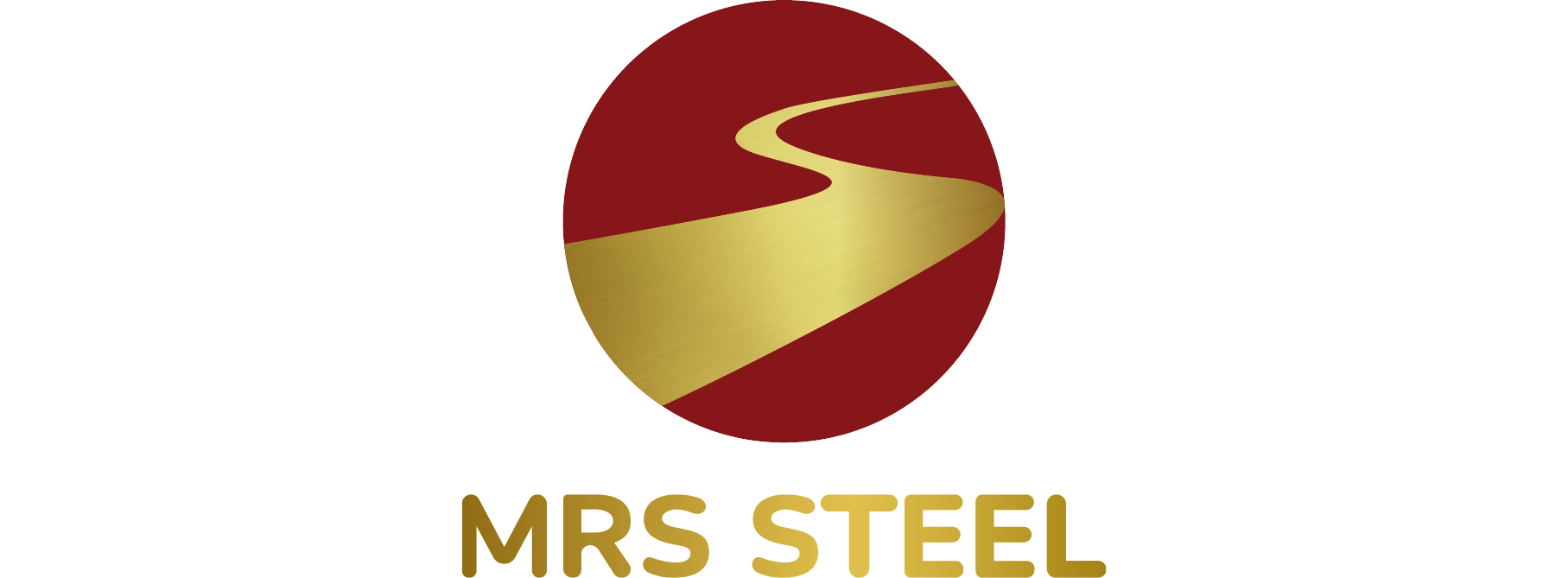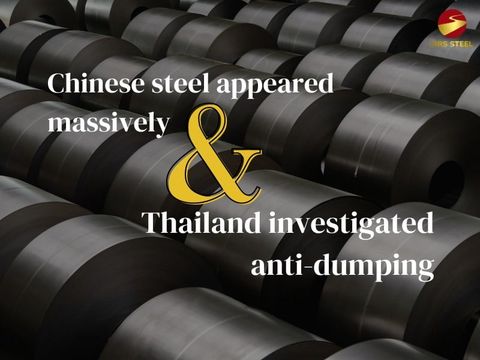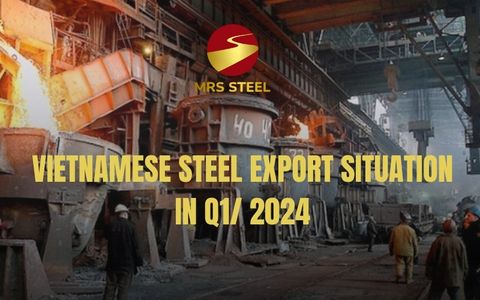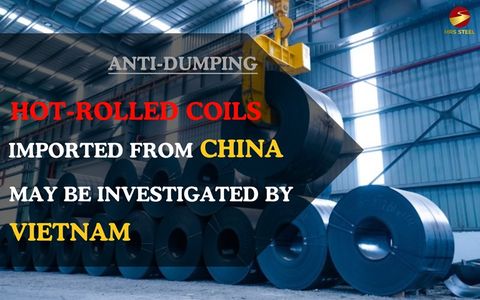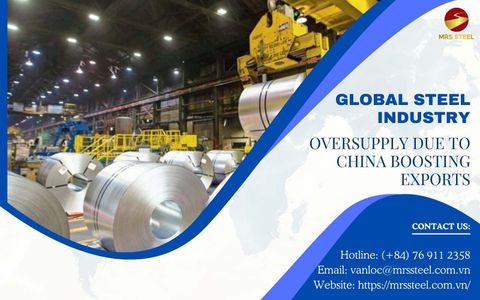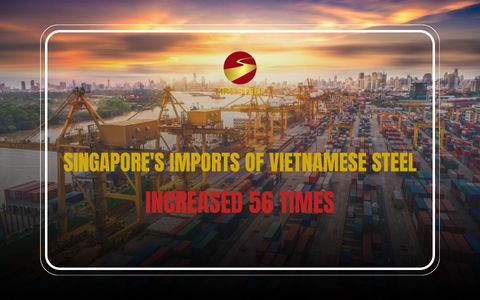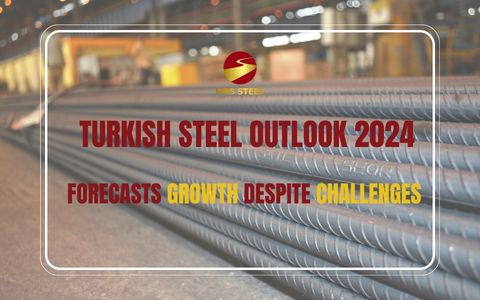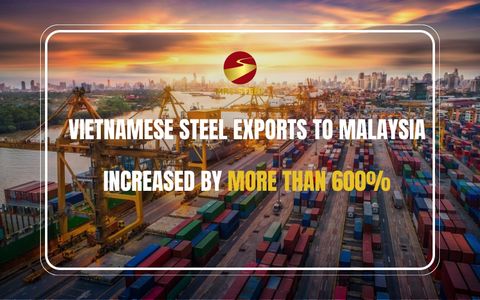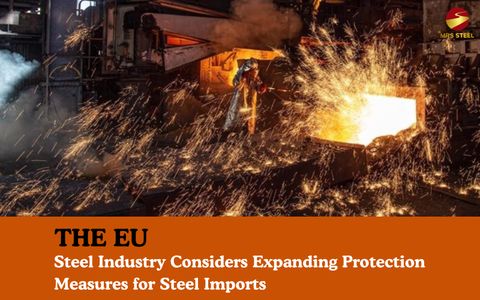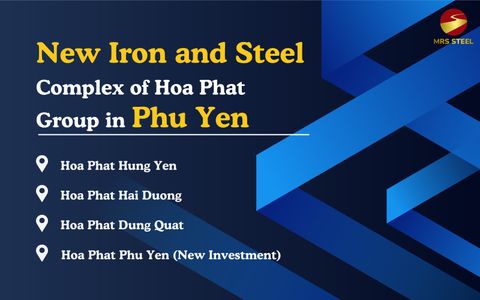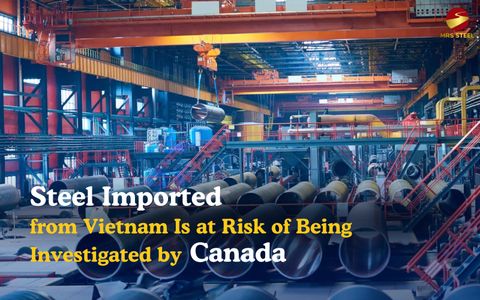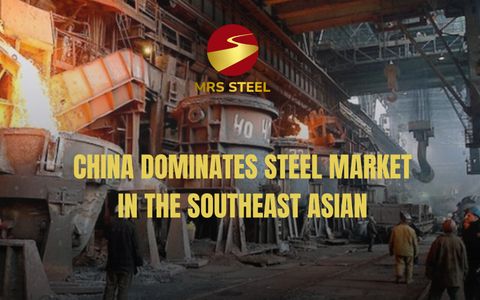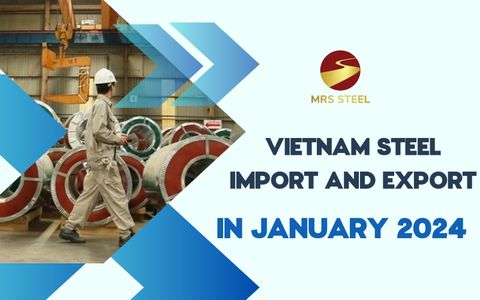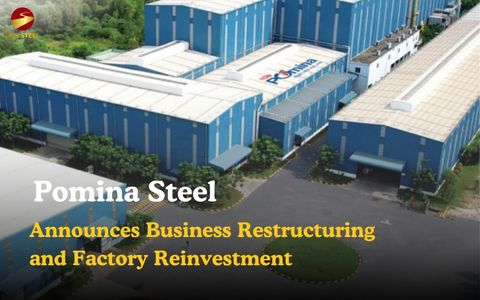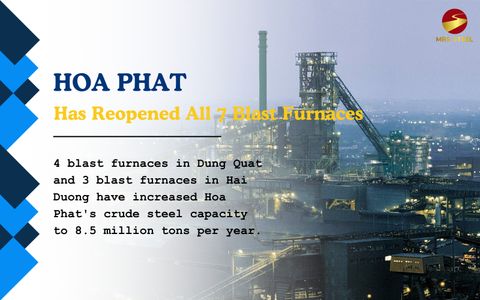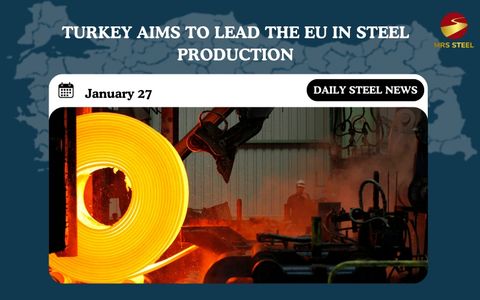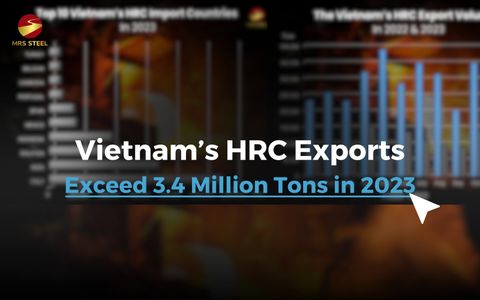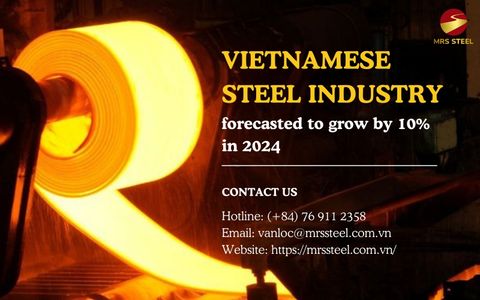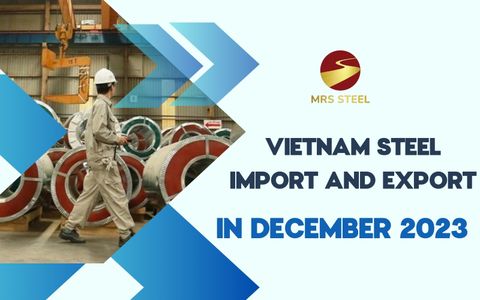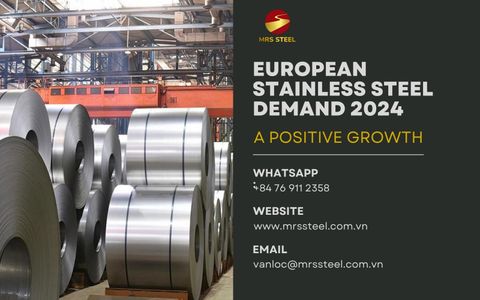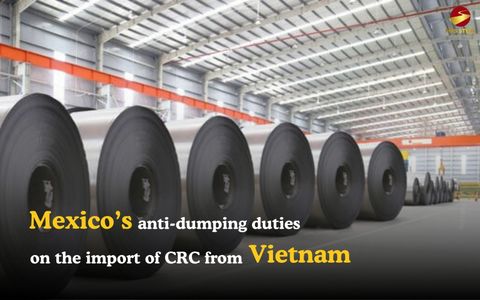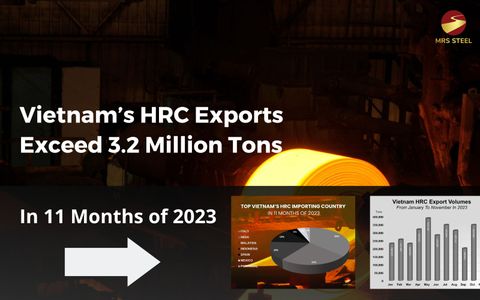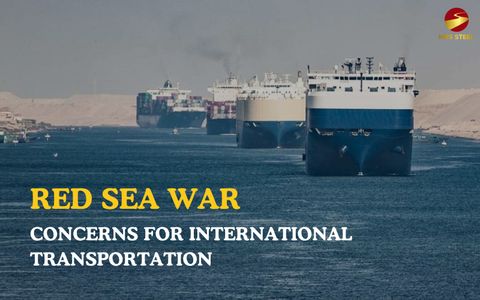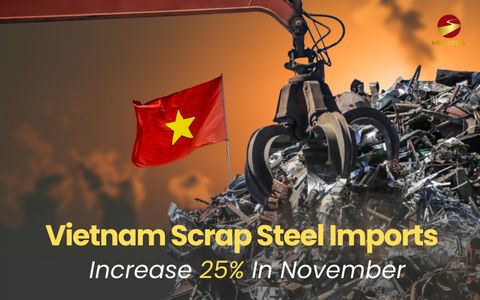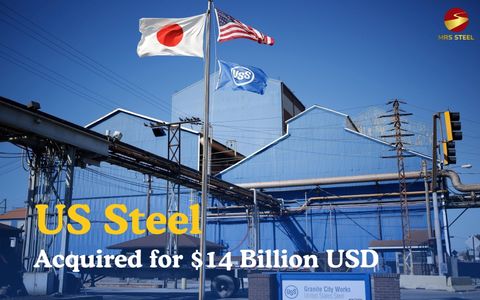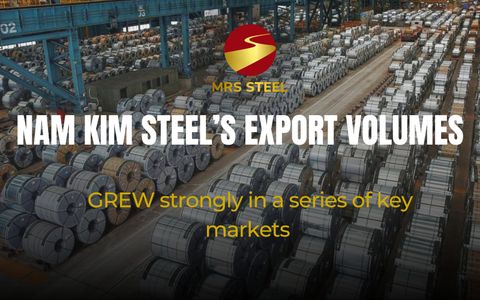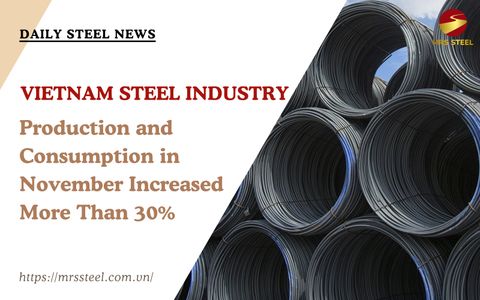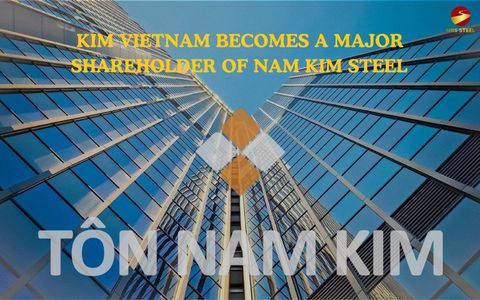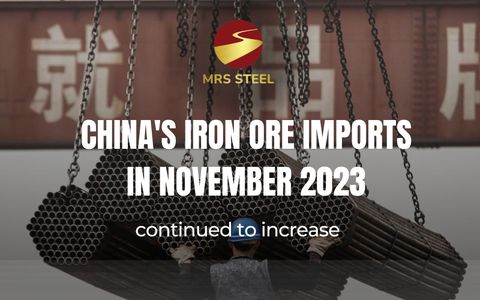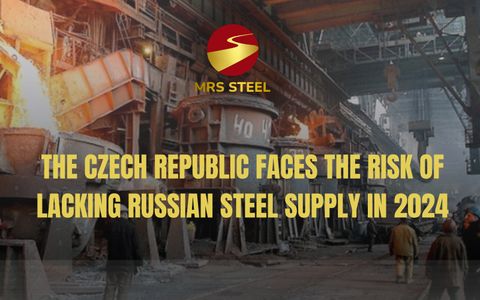Turkish Long Steel Market Hit by Interest Rate Hike and Competition

Steel NewsDate: 20-09-2023 by: Ngan Le
Turkey's Central Bank recently unexpectedly increased interest rate from 17.% to 25% at the end of August, which led to a rise in the Turkish lira. The event has directly affected the Turkish long steel market due to the buyers' wait for exchange rates to settle and competitive pressure from the export market.
The hike in interest rates has an impact on the Turkish long steel market
The recent decision by the Central Bank of Turkey on August 24 to unexpectedly raise the interest rate for loans from 17.5% to 25% has sent shockwaves through the country. This decision was a departure from the previous strategy of keeping interest rates low despite high inflation. The increase in interest rates has led to a significant appreciation of the Turkish lira compared to other currencies, disrupting steel trading activities in the domestic market.
Before the central bank's interest rate hike, many steel suppliers in Turkey had proactively reduced their prices to liquidate inventory, while others temporarily halted sales operations to await exchange rate stability. According to Kallanish, long steel producers in Turkey struggle to generate revenue in the domestic and export markets due to buyer tendencies to wait for lower prices. Consequently, they have been forced to lower product prices despite the stability of scrap steel prices.

Since September 7, the price of long steel on the market has dropped to 565 - 580 USD/ton while last week, this price was at 580 USD - 590 USD/ton. In the export market, Turkey's official rebar steel prices from August 24 to September 1 were mainly in the range of 580 - 590 USD per ton, representing an approximately 20% increase compared to the previous week's 570-580 USD per ton.
The trade balance instability in Turkey in the first half of 2023
The increasing price disparity between Turkish steel and its competitors in the international market has contributed to a significant decline in export volumes in this country in the first half of 2023. Specifically, in the first six months of 2023, Turkey's steel export volume reached 4.5 million tons and decreased by more than 40% compared to the same period last year. The country's steel manufacturers expect oil and gas pipeline conglomerates to maintain or reduce natural gas prices to reduce pressure on input material costs, thereby increasing their competitiveness in the export market.
Conversely, steel imports in this country have increased by 23% in the first half of this year, with an import volume of 9.5 million tons. According to the Turkish Steel Producers Association (TCUD), the rapid increase in domestic demand is mainly due to infrastructure reconstruction after the earthquake event in January. In the first six months of 2023, long steel imports increased by 43.5%, and wire rod steel imports surged by 82.5%. Turkey has been considered a net steel exporter but the continuous importation of long steel in recent months has raised concerns about trade deficits.

The Turkish Steel Producers Association (TCUD) stated that several countries have significantly increased their steel market share in the domestic market, creating direct competition for domestic producers. Typical countries include China, India, South Korea, and Indonesia. The association is currently considering future trade defense measures to prevent the increasing importation of steel products.
In the face of the sharp increase in steel imports from Turkey, Vietnam's steel industry has benefited significantly. In the first quarter of 2023, Vietnam's steel export volume experienced a remarkable increase of more than 300 times compared to the same period. However, since the second quarter, Vietnam has been more proactive in preparing for trade defense risks through fair competition and effective control of imported steel volumes to maintain stable trade relations between the two countries.
